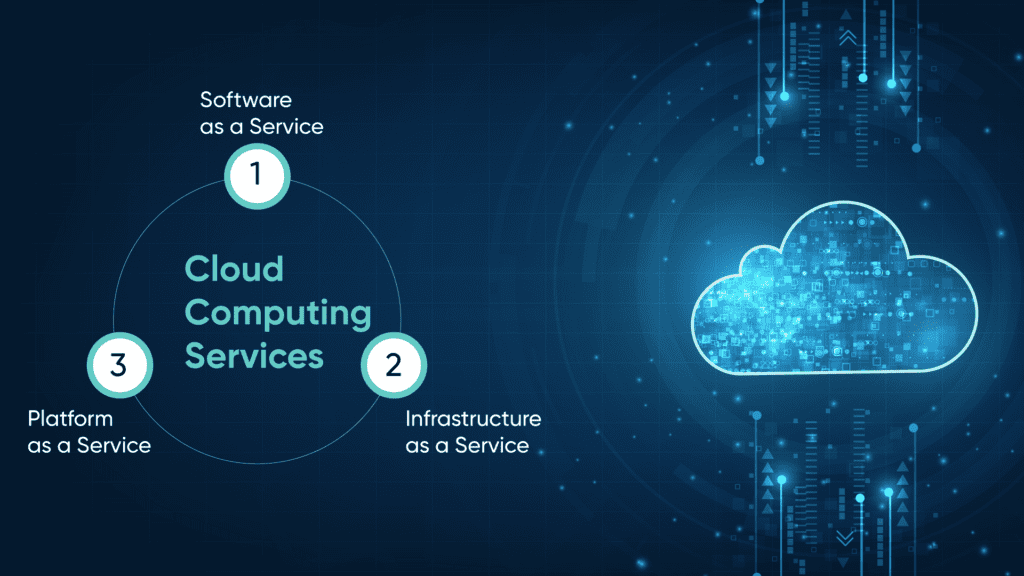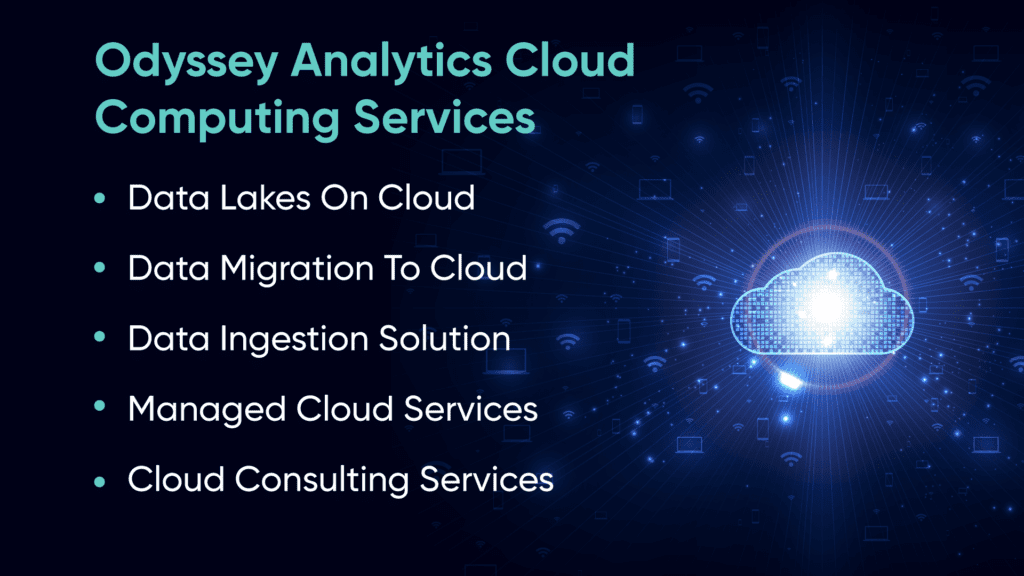Cloud computing refers to “Delivering CPU Computations, Storage & Third-party Integrations over the internet” privileges businesses to transform their on-premises computing systems, and storage devices to a remote server. Cloud technologies help companies to access open-source tools or services on demand. Cloud computing technology itself is segregated into multiple types including, Public Clouds, Private Clouds, Hybrid Clouds & Multi Clouds.
These types of cloud computing or cloud computing models have different facilities, features, and benefits. A common question that people usually ask is which cloud computing model suits their business. The answer is quite straightforward: it depends upon the business’s complexity and scalability.
In this article, we will elaborate on types of cloud computing, benefits to stakeholders, cloud computing services, and some use cases in Pharma, Energy & Telecom enterprises.


